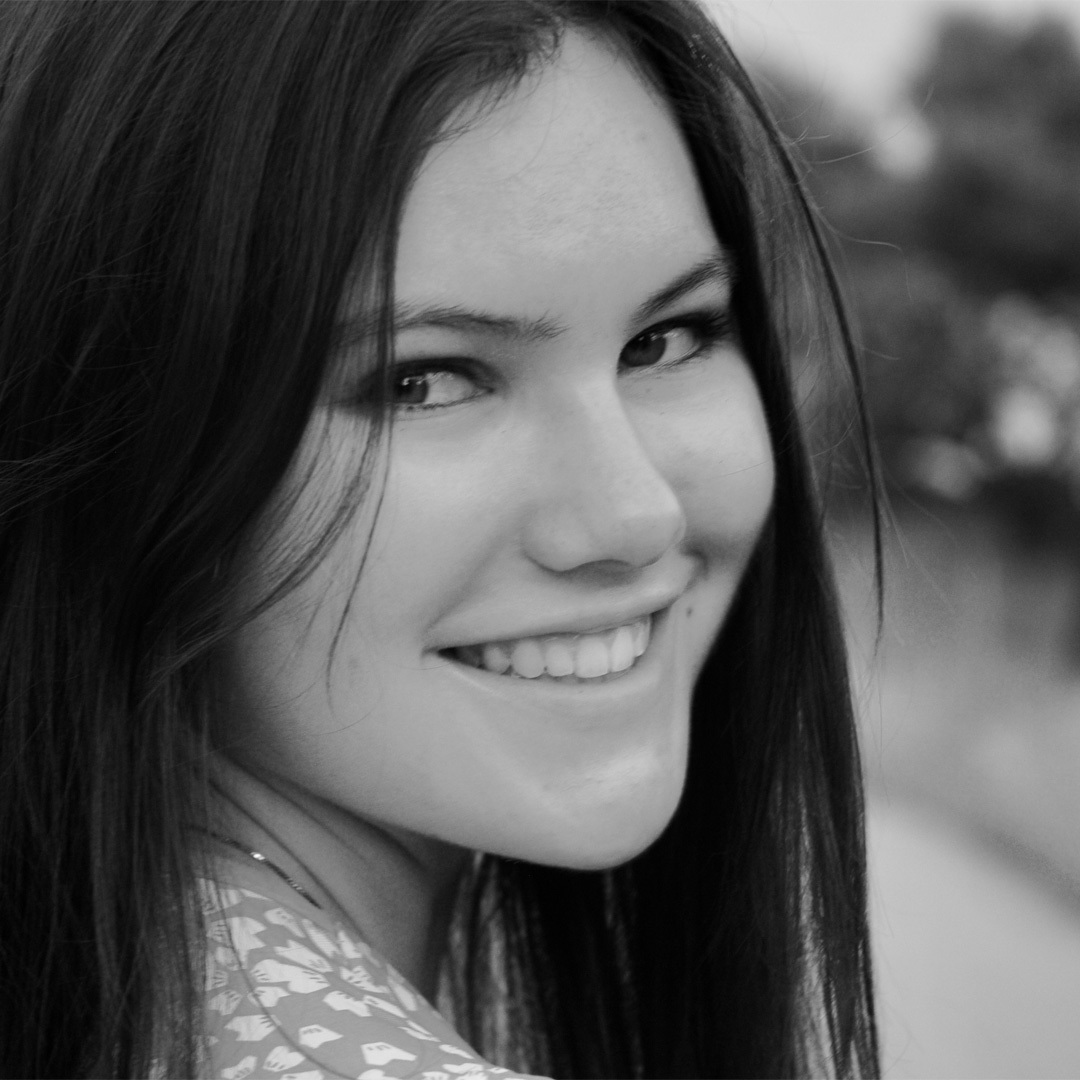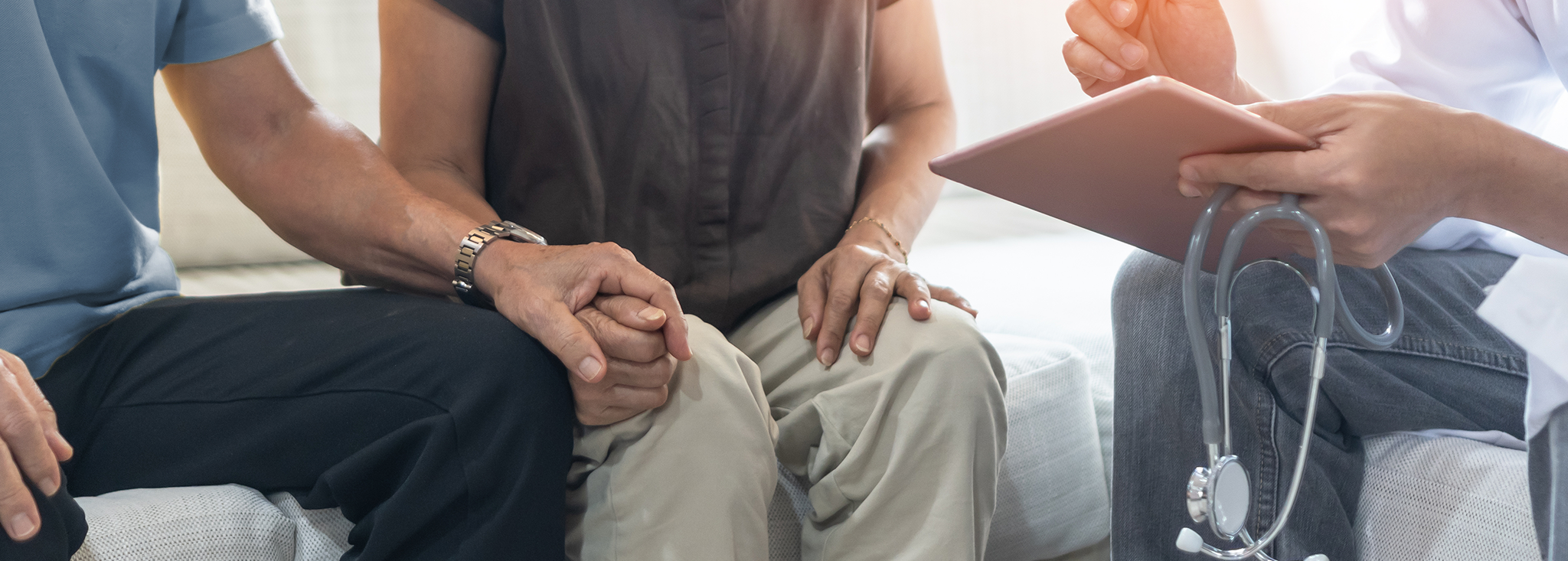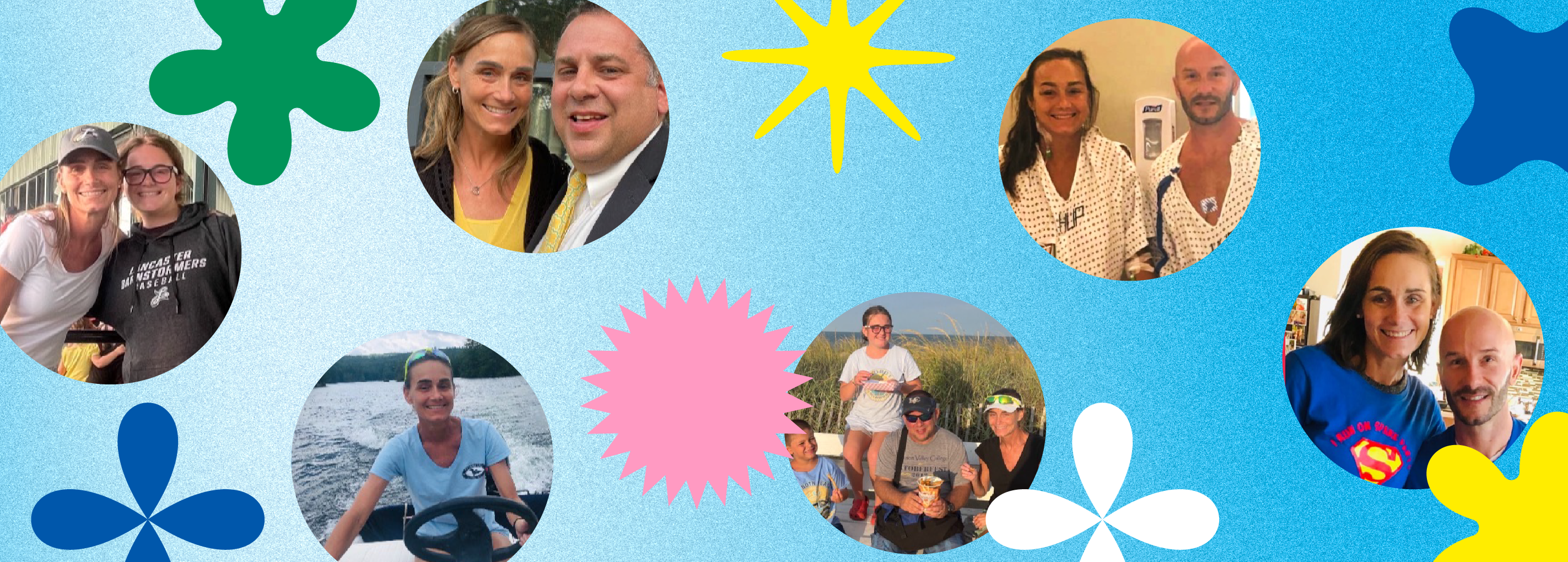Lessons Learned From Hiding My Type 1 Diabetes
Written by: Ansley S.
5 minute read
October 17, 2022
Ansley S. is a 2022 Diabetes Scholar. Diabetes Scholars, a program of Beyond Type 1, awarded nearly 60 scholarships in 2022 to college-bound students living with type 1 diabetes.
I’m sure you’ve heard the Oscar Wilde quote, “Be yourself; everyone else is already taken.” The message of the quote is very straightforward, and it’s an easy idea to support. Sure, you want to be yourself. Being unique is great. Be the person you were meant to be!
These kinds of messages are heavily promoted in our culture. We see them posted on social media, printed on t-shirts and totes, and even used in conversations.
But why is it that the same people that regularly hear and use these messages are simultaneously discontent with their own lives if they don’t fit the standard of trendy or even typical?
More than we’d like to admit, we hide our unique traits and gifts just so we can look like our friends or the popular culture.
Teenagers especially have a tendency to be highly judgmental of both themselves and others. Many teens will go to almost any measure to avoid attracting attention for being “different” because of the inevitable judgment they assume will follow.
Feeling “different” after a type 1 diabetes (T1D) diagnosis
Now imagine growing up in this culture with type 1 diabetes. I can personally assure you that it’s tough. Hiding shots and glucose checks because you’re terrified people will exclude you or make fun of you. Pushing medical safety limits to avoid attracting attention for simply taking care of yourself. Covering up a major part of your life from even your closest friends for fear that they will treat you differently.
I’ve been there. And I never want to go back. I hope that by sharing some of my personal journey others might be able to let go of any shame or embarrassment associated with T1D and see how it can positively impact the world around them.
Learning to manage T1D had its challenges
My life never looked “typical.” I was diagnosed with T1D when I was 6 years old. I was the first in my family to have T1D, so it took a few years before I felt like my life with diabetes was normal.
During one of my parents’ first classes on T1D care, a health care provider told them that I would have to be on an incredibly strict insulin regiment and eating schedule, meaning no shots between my three meals a day. My parents didn’t have the experience to know just how wrong that was.
School events and birthday parties were an ordeal because I would have to make sure the timing of the party food coincided with my meal, and if it didn’t, I had to eat sugar-free Jell-O instead. Often on the playground with my friends, my blood sugar would drop suddenly, and I would find myself sitting out, sipping a juice on the sidelines.
It took years before I could see the psychological toll that being singled out was having on me when all I wanted was to fit in and be a “normal” kid.
I hid my T1D from friends
I, like thousands of others with T1D, have spent way too much of my life thinking that T1D made me different in a very negative way. When I went to high school, I was completely in charge of my blood sugar and insulin for the first time, and I made sure absolutely no one knew about it.
As I made new friends, I never mentioned diabetes. If my friends were having a conversation before lunch, I would stand with them and talk, even if it meant missing my opportunity to slip away to do a shot before class started again.
Sometimes, despite my very best efforts to turn off every alarm, my Dexcom would sound during class, and I would hold my breath hoping no one would realize it was my phone. And worst of all, whenever there was an opportunity to have junk food, I would casually eat it with everyone else, even if it meant sending my blood sugar sky high.
I hated being different, so I made sure no one would ever know I was.
What I would tell my younger self
Hiding my T1D made my life an absolute mess. I became extremely insulin resistant, struggled to enjoy social interactions, and lacked energy in my day-to-day tasks, not to mention a total lack of motivation to exercise.
Looking back on my early high school years, I now can see how refusing to stand out cost me opportunities that could have positively impacted me or, more importantly, allowed me to help and be a light to others.
If I could go back in time, there are three things I would tell myself as a young teenager.
When I prioritize my T1D management, I feel great
First, proper T1D management with healthy food choices and exercise can mean having a healthier body than some people without T1D. Having diabetes doesn’t mean I’m sick. It just means I have to take care of myself differently than most people. While T1D can be annoying to deal with every day, there are actually many positive health benefits that come with it.
For example, one huge perk of taking care of myself in this different way is that I can cleverly time my blood sugar to eliminate sugar crashes, and I’m able to experience optimal conditions for physical performance through my continuous glucose monitor (CGM) data and my control of carb usage.
So many people would love to have this ability, yet I was choosing to throw it away just so I could be like everybody else. Nowadays I feel a thousand times better both mentally and physically since I have embraced taking care of myself in the way I need.
Keeping my diabetes a secret is stressful
Second, keeping a major part of your life, like T1D, a deep, dark secret is incredibly unhealthy mentally. To carry the burden of dealing with T1D all day every day is a lot on its own, but then to feel that you are unable to share that burden with anyone else inflicts tremendous stress on your body.
I didn’t even realize I was experiencing this stress until I started seeing it affecting almost every area of my life. The very day that I started telling my friends about T1D I felt an enormous burden lifted.
And you know what? Every one of my real friends still cared about me in the exact same way as before. In fact, almost all of those friendships have been strengthened because my friends often ask questions about T1D, which led to deeper conversations.
Everyone experiences struggle
Lastly, in the words of my mom, “Everybody’s got something.” The world isn’t perfect, and every single person experiences trials and struggles. Some are physical, some social, some emotional, and some spiritual—the list is endless. T1D just happens to be one of mine.
Nothing has given me more peace about T1D quite like this realization. When I was spending all my time and thoughts on how much I wanted to be like the people around me with “perfect” lives, I felt miserable and pitied myself.
My perspective has changed so much since then. Being open and honest with people about your struggles does amazing things for your relationships. I’m so thankful to be able to say I’ve had a number of people seek me out to talk to me about their own trials.
Even though none of them are facing diabetes, it’s the fact that I’ve faced something difficult and am in a constant state of overcoming it that makes them want to talk to me. I’ve listened to people who were experiencing family troubles, grieving over the death of a parent, leaving home to move across the world, being betrayed by friends, losing pets, doubting faith and questioning their personal worth.
To me, having the chance to be a positive voice of reassurance and love to these people and friends makes having T1D worth all the effort.
Recognize how strong you are!
Living in a comparison culture is challenging. Breaking out of the mold of normalcy to appreciate the unique opportunities you’ve been given isn’t easy. I know how scary it is to be different, especially when it wasn’t your choice to be different because of T1D in the first place.
But taking the first step of faith toward embracing the person you are, T1D and all, is the most liberating feeling in the world.
T1D can be a gift if you choose to treat it as such. It takes so much strength and maturity, especially as a teen, to approach T1D with a selfless perspective and with gratitude.
Life with T1D is not about just getting through. It’s about using your pain, trials, triumphs and personal story to relate to others and be the support and perhaps the spark they need to see hope and light in this world.

Author
Ansley S.
I’m a positive person who loves to explore and try anything! I was homeschooled from kindergarten to 10th grade which offered me many opportunities to travel, meet all kinds of people, and have experiences in the real world. For 10th-12th grade I attended a small private school where I finished my school journey by preparing for college. I was blessed with the opportunity to graduate high school in December 2021, and in my gap semester this spring I’ve had even more chances to explore who I am as a person. I have continued my job as a math tutor (the best job ever), I picked up the guitar, and I work out and run every morning. I’ve especially had time to learn more about my body and how to take care of it. Growing up with two brothers with type 1 diabetes, my family has always been very invested in diabetes care, but I’ve gotten to take that to the next level with my time off to learn about new ways of eating and exercising! I’m excited to continue this track of learning as I enter college!




